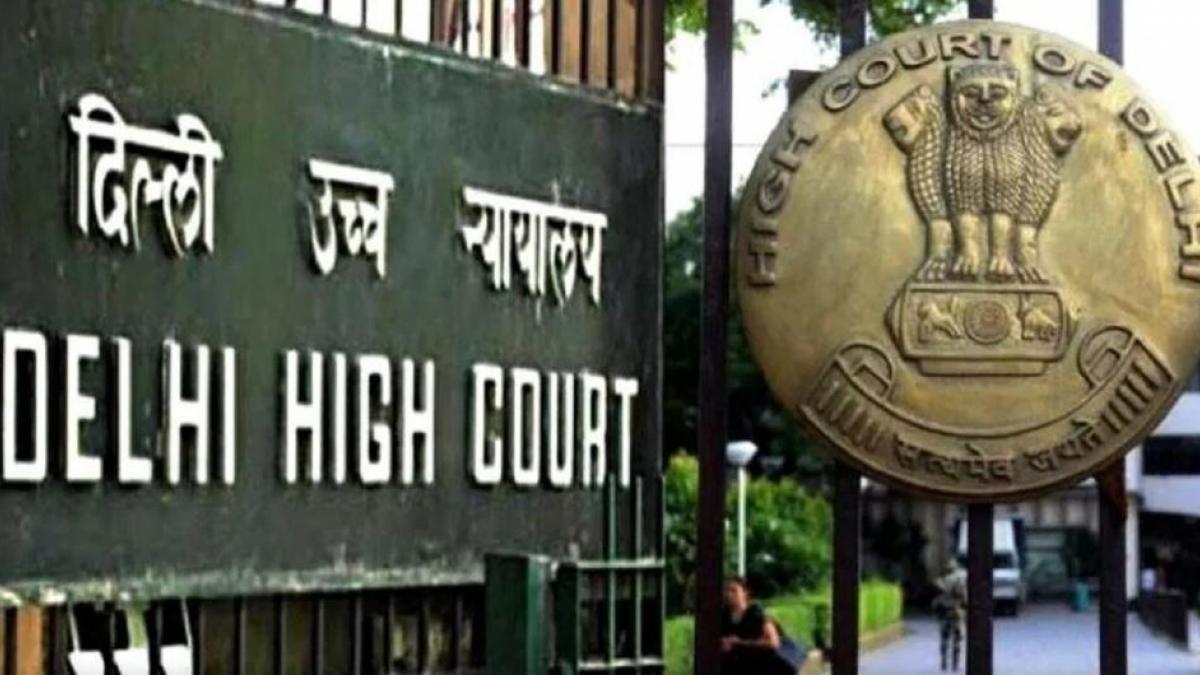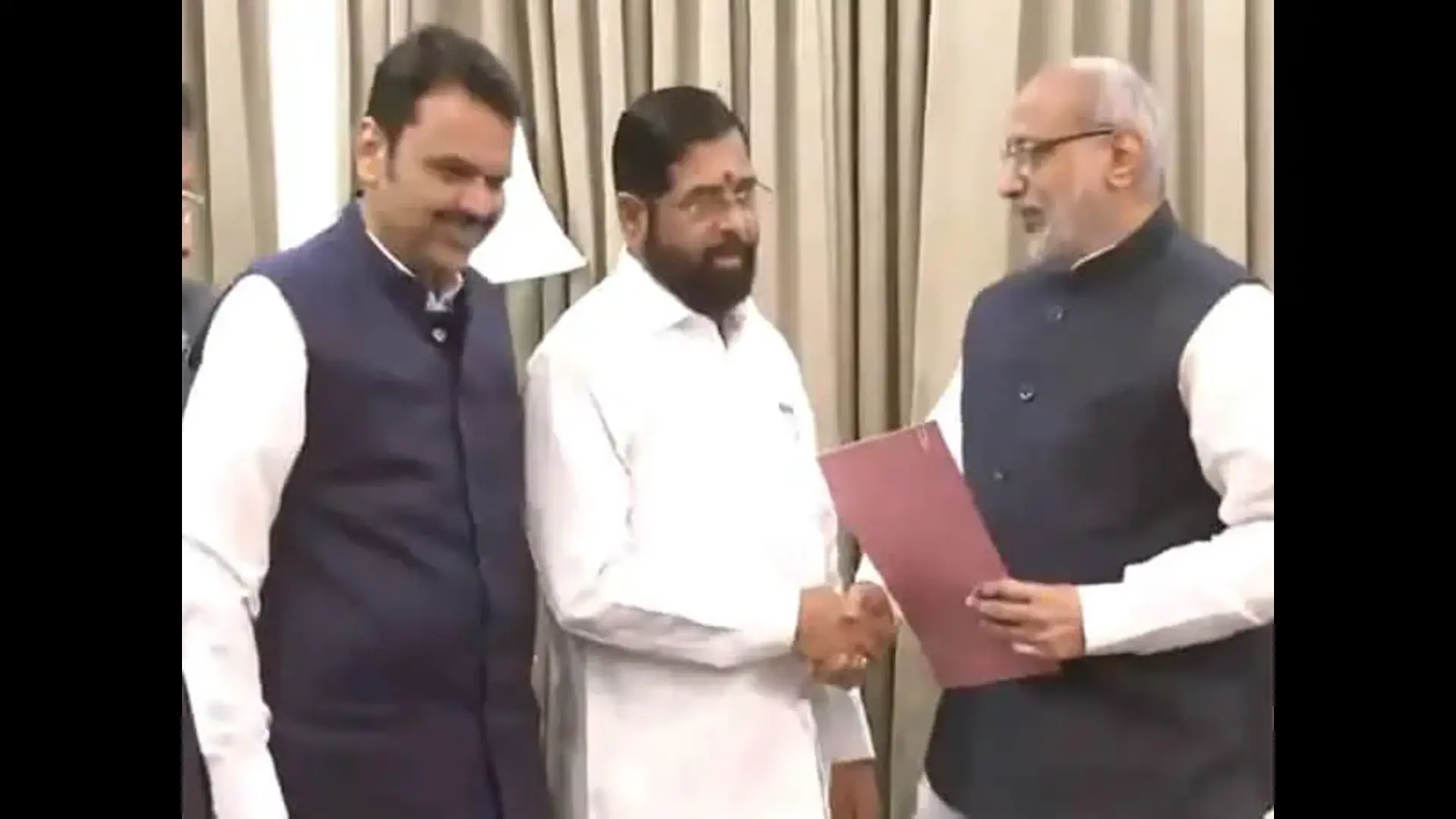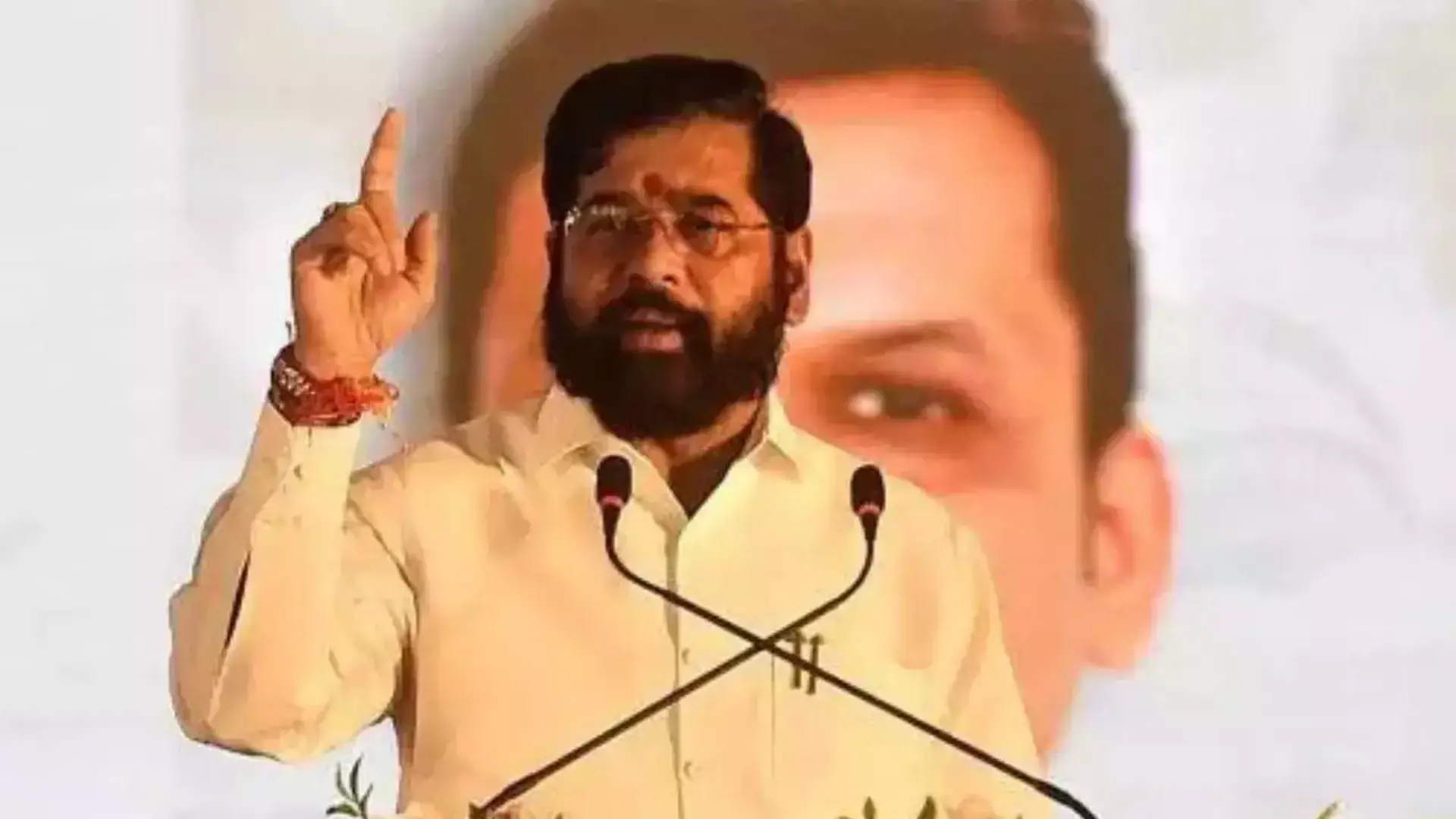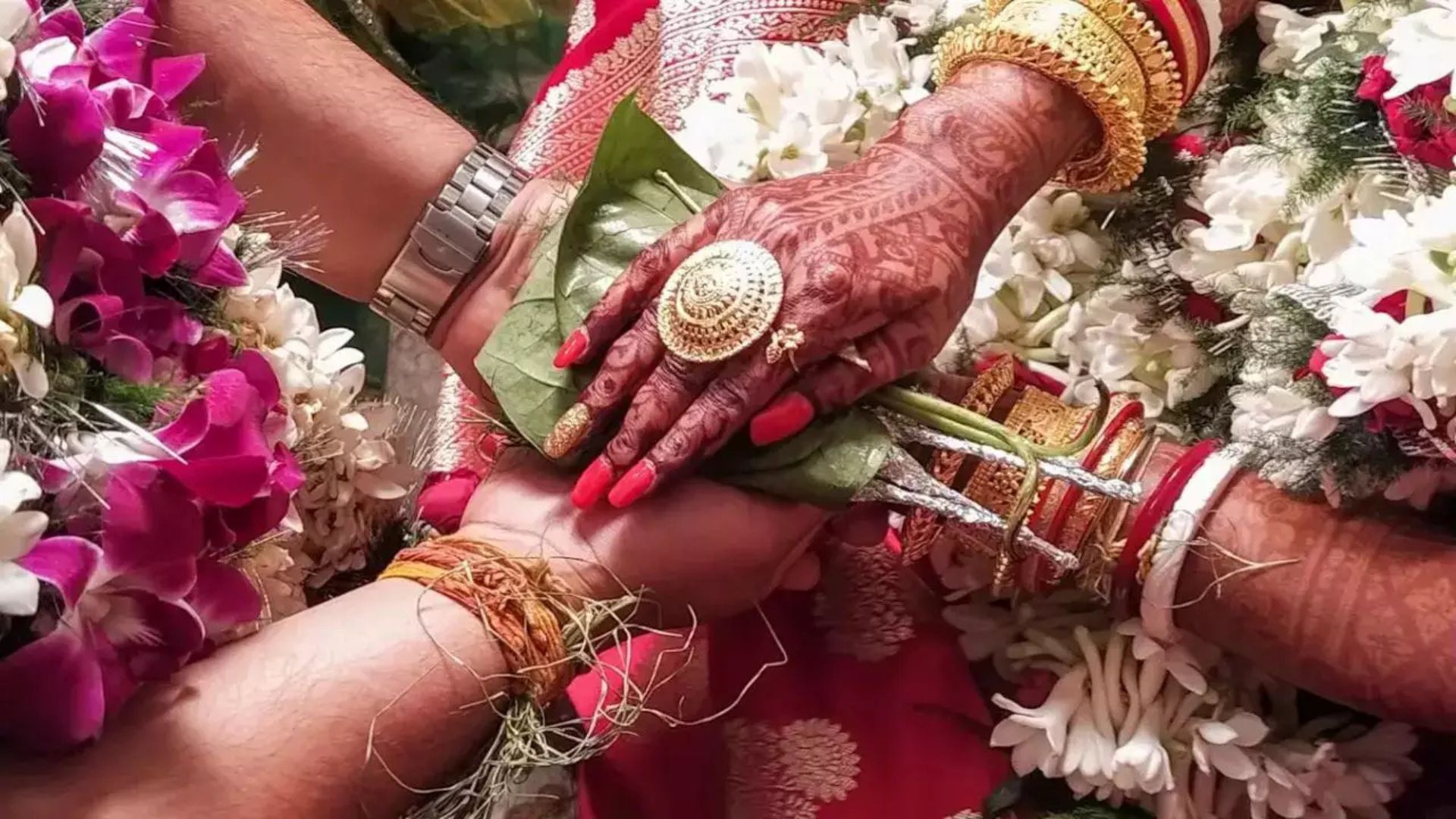
The Delhi High Court on Monday declined to entertain a Public Interest Litigation (PIL) filed by a lawyer, Yogamaya MG, seeking the urgent and time-bound implementation of the women’s reservation law. The law aims to ensure a 33 per cent quota for women in the upcoming Lok Sabha elections next year. A bench of Acting Chief Justice Manmohan and Justice Mini Pushkarna stated that the matter was already pending before the Supreme Court. The bench emphasized that the enacted law itself provided a mechanism and procedure for its implementation.
Officially titled Nari Shakti Vandan Adhiniyam, the women’s reservation Act mandates the reservation of one-third of the seats in the Lok Sabha and all state assemblies for women. The bill received presidential assent on September 29, making it a law. However, the law’s implementation is contingent upon a new census and subsequent delimitation to reserve seats for women. During the hearing, Yogamaya MG, the petitioner’s counsel, argued that the PIL was in the interest of the “entire womanhood,” emphasizing the need for a resolution to ensure the Women’s Reservation Act’s implementation before the upcoming general elections.
The bench responded by highlighting the Supreme Court’s consideration of the matter in a petition filed by Jaya Thakur, stating that the two courts cannot simultaneously address the issue. It further pointed out the procedural aspect in the Act, noting that it would come into force after delimitation, and advised the petitioner to challenge it accordingly.
Additional Solicitor General Chetan Sharma argued that the petition seemed to be more of a “publicity litigation” and reiterated that the process of introducing quotas for women in the legislature was already outlined in the Act.















